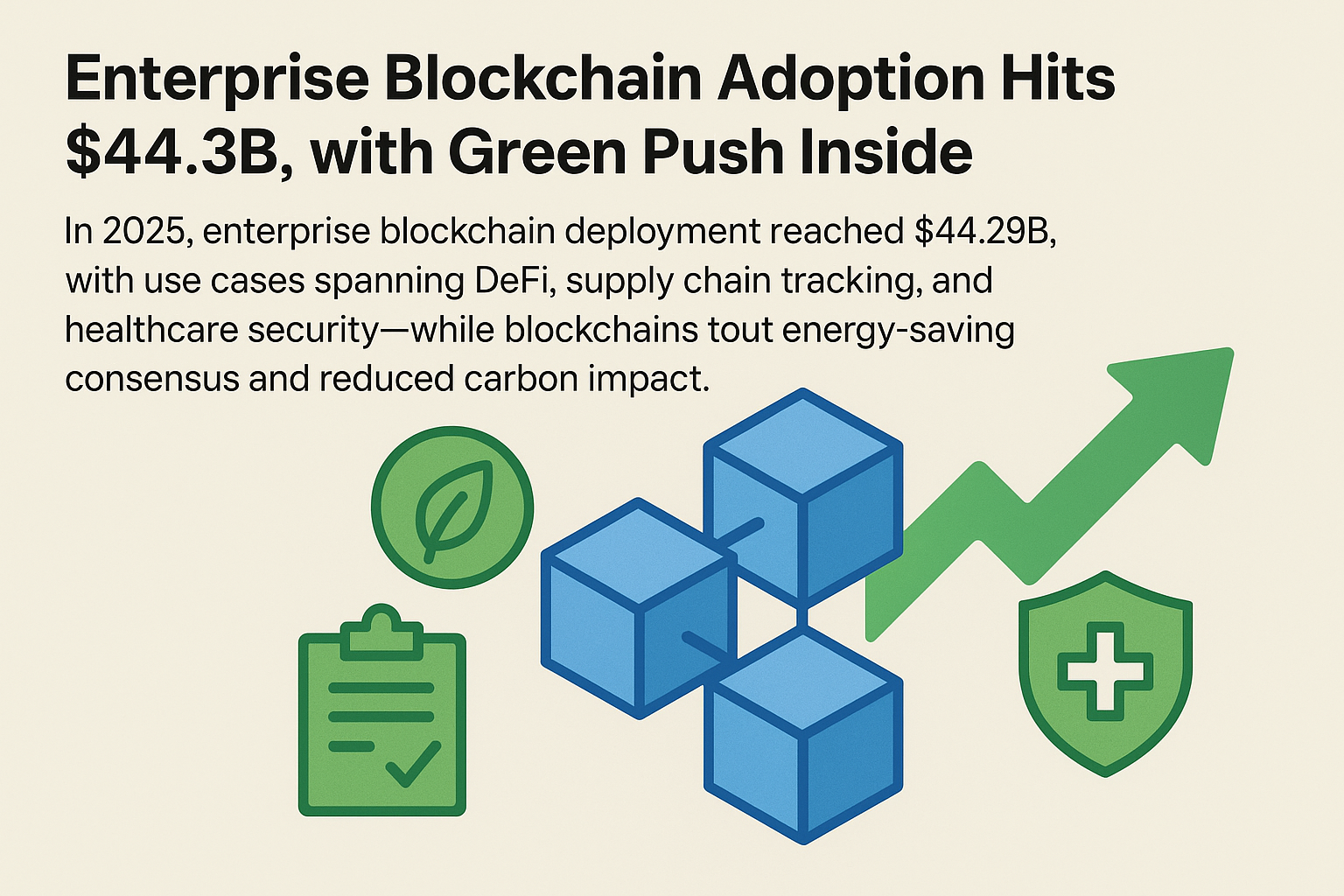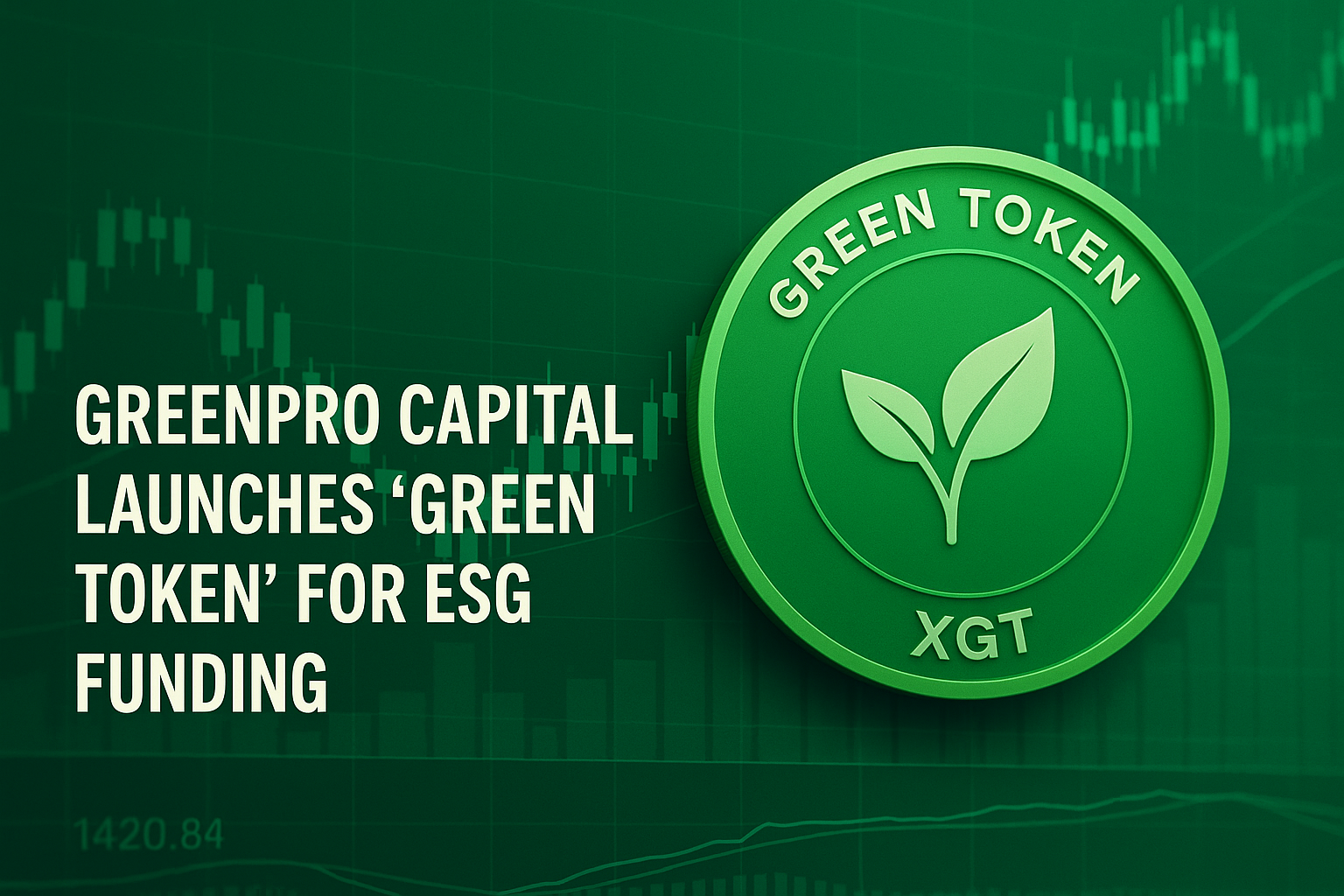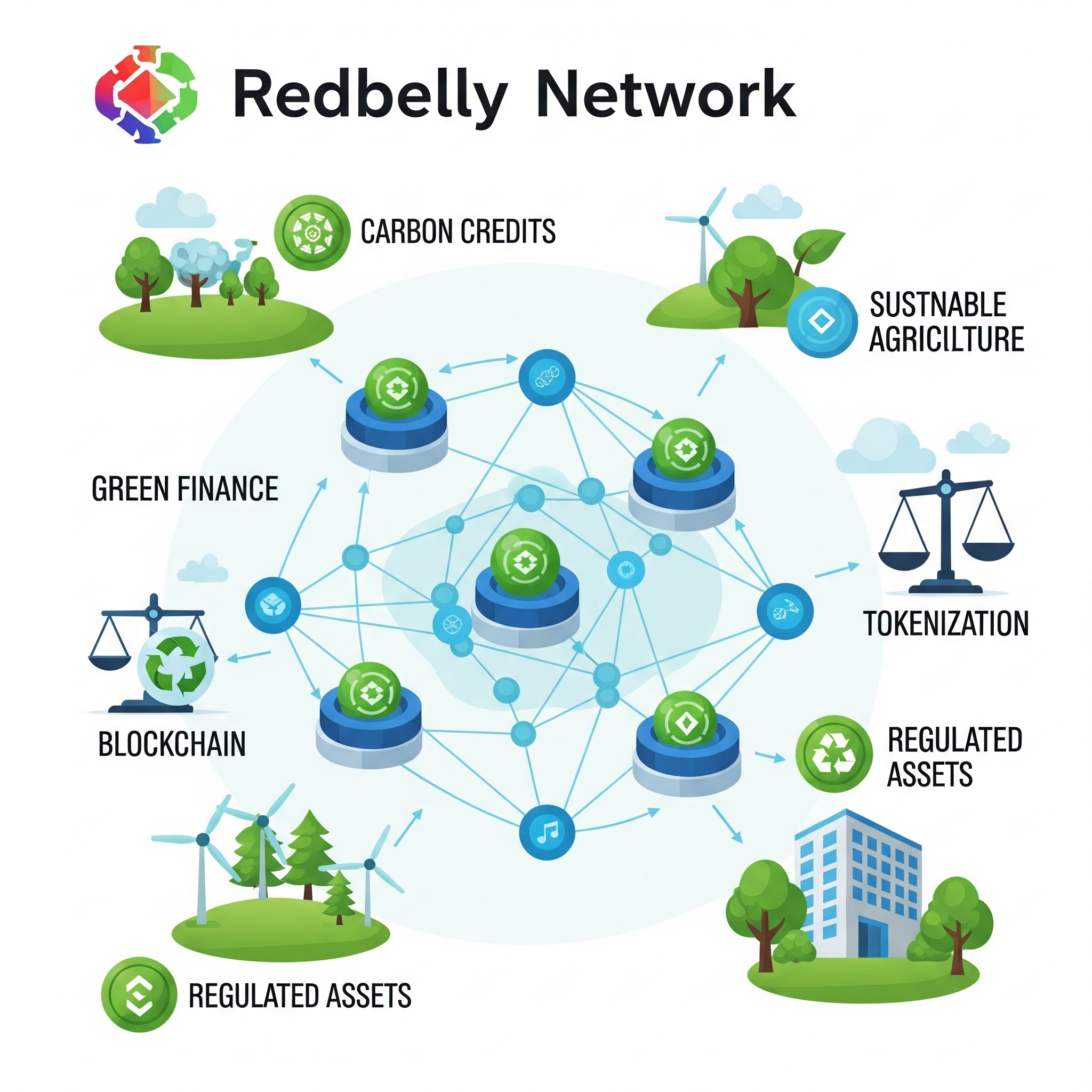In 2025, enterprise blockchain adoption reached a staggering $44.29 billion, marking one of the most significant inflection points in the technology’s history. What began as a niche experiment for cryptocurrencies has evolved into a foundational layer for global business infrastructure — spanning decentralized finance (DeFi), supply chain management, healthcare security, and sustainability reporting.
The Maturation of Enterprise Blockchain
Over the past decade, corporations have moved beyond proof-of-concept stages into full-scale deployment. The driving force is clear: trust, transparency, and traceability. Blockchain networks now underpin logistics operations, verify product authenticity, and automate complex financial settlements with immutable records. Major industries — from automotive and pharmaceuticals to food logistics — are integrating distributed ledgers to eliminate inefficiencies that once required layers of intermediaries and audits.
For instance, pharmaceutical firms are using blockchain-based serial tracking to combat counterfeit drugs, ensuring every unit’s origin and temperature data are verifiable in real time. Similarly, multinational retailers track produce and raw materials across continents to guarantee ethical sourcing and compliance with ESG standards.
The Green Blockchain Revolution
But perhaps the most transformative change in 2025 is blockchain’s green evolution.
Once criticized for its massive energy consumption — particularly during the Proof-of-Work (PoW) era — the technology has pivoted toward energy-efficient consensus mechanisms like Proof-of-Stake (PoS), Proof-of-Authority (PoA), and hybrid models optimized for enterprise use.
Today’s corporate blockchains emphasize low-power validation, carbon offset integration, and renewable-powered nodes. Many leading platforms now publish carbon transparency dashboards, showing real-time data on the network’s environmental footprint. The result is a striking narrative shift: from “blockchain as energy hog” to “blockchain as sustainability enabler.”
Why Enterprises Are Doubling Down
There are several key factors fueling this surge in adoption:
-
Regulatory clarity – Governments are defining digital asset and smart contract frameworks, reducing compliance risks for corporations.
-
Operational ROI – Companies report cost savings through reduced fraud, faster settlements, and fewer reconciliation steps.
-
Sustainability goals – ESG reporting has become a board-level priority, and blockchain provides verifiable, audit-proof data trails.
-
Interoperability breakthroughs – Cross-chain protocols allow legacy systems and newer networks to communicate seamlessly.
Blockchain in Healthcare, Finance, and Supply Chains
In healthcare, blockchain ensures medical records and prescriptions remain tamper-proof while granting patients greater control over their data. Hospitals and insurers increasingly rely on blockchain-based identity layers to prevent fraud and streamline claims.
In finance, DeFi-inspired architectures are merging with traditional systems. Banks are deploying blockchain rails for instant cross-border settlements, reducing transaction times from days to seconds.
In supply chains, blockchain has become the default transparency engine. Every product scan, shipment, and certification update is logged immutably — providing consumers and regulators alike with trusted insight into provenance and sustainability.
A $44.3B Market — and Growing
According to data from AInvest, the enterprise blockchain market’s valuation of $44.29B represents a 26% year-over-year increase. Analysts project that by 2030, enterprise adoption could surpass $120B, driven by tokenized assets, green reporting frameworks, and cross-border smart contracts.
As sustainability merges with digital transformation, blockchain stands at the intersection of trust and accountability. Once defined by speculation and volatility, it’s now entering a new era — one that’s pragmatic, compliant, and unmistakably green.
The next decade won’t just be about blockchain adoption — it will be about blockchain integration, where environmental responsibility, data security, and decentralized trust converge to redefine how businesses operate on a global scale.




